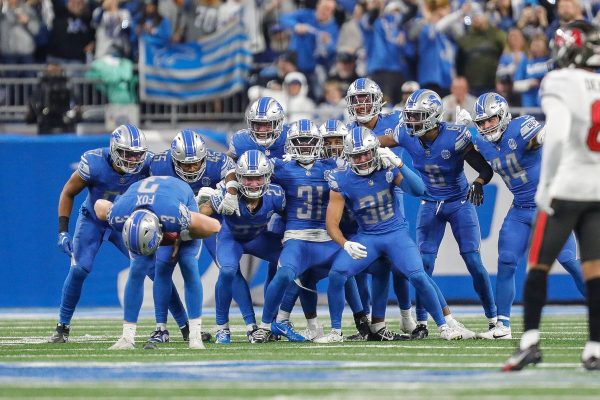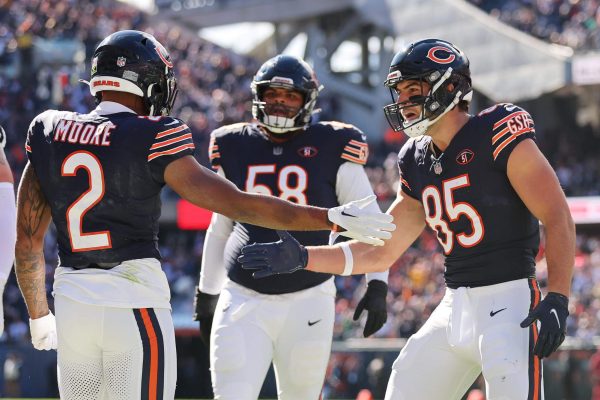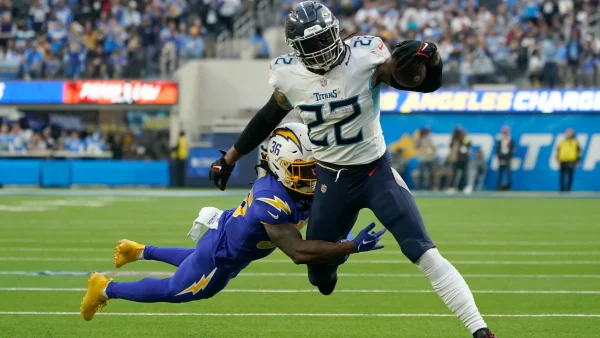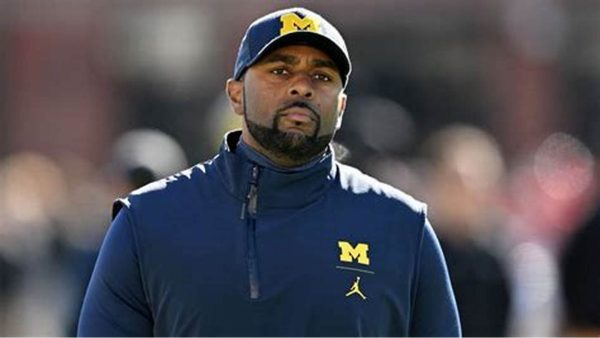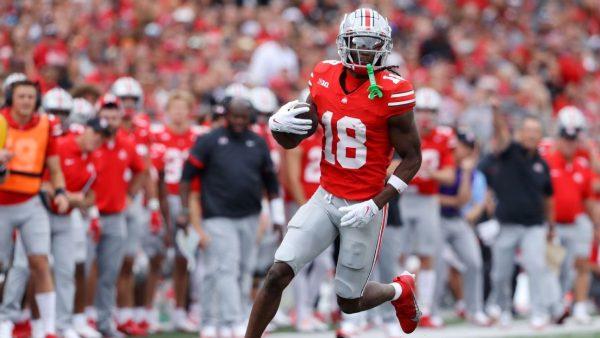The control of a coach
Sometimes, it’s scary to see how much control a coach can have over how you play. From the slightest facial expression to the loudest voice, a coach can shatter your confidence and create an athlete you never wanted to be. However, coaches are not always negative; many coaches are helpful and push you to the best of your abilities. One thing is for certain no matter how you view it: Your relationship with your coach is critical to your success as an athlete.
As a child, the sports I played were easy. I did not worry about what my coach would think or if I would get enough playing time. My coaches were positive and treated me as they should: like a little kid. Sports were not as serious as at the middle and high school levels. There was no battle in my brain about my athletic worth when it came to stepping on the field, court, track, or whatever it was.
Middle school was pretty simple; I was not the best at the sports I played, and I knew that. Leaving behind the sports I knew and loved, I began to play basketball.
My first few coaches were terrific. Constantly, I would get down on myself. Instead of making me feel worse and pushing me farther down, they would encourage me. Block by block, they helped me build myself back up every time. I would not have reached as far as I did if it was not for them.
Unfortunately, with good coaches come bad coaches. My confidence began to fall as I continued to play each year. I was unhappy with my skill set and felt like a complete failure. This was reflected in my playing. Every practice and every game, I would fall and was unable to get up. My coaches would argue with me and push me farther from where I wanted to be. We could not see eye-to-eye on things. They were not purposely being rude or upsetting me; we just had a barrier between our understandings of one another. It was not like I wanted to feel so bad about myself, but rather I wanted to work hard and feel happy with myself and my playing. Woefully, I became the athlete I once dreaded becoming.
I began to lose my passion and love for basketball. Everything suddenly became a chore to me. Basketball did not feel like a fun game anymore. The relationship between me and my coaches fell apart.
The more I made mistakes at practice, the worse it would get. The moment I made a mistake, I was mentally removed from everything. I knew my coaches were going to get upset with me. This impediment between us caused tension. I just wanted them to understand that I was not perfect and needed them to work with me. Simply put, I wanted help getting better.
This patchy relationship showed me how much my bond with my coaches affects me. The worse I felt about how they viewed me, the worse I played. It turned into a constant cycle. It was prevalent to me that I could no longer be myself, and I felt the most irrelevant things would create a nice spot on the bench for me. I felt like I was constantly walking on eggshells.
The season ended, and I, unfortunately, was happy. There was no bad blood or anger, but rather just disappointment. It was upsetting that I felt this way, for I never wanted problems with the coaches. I believed I disappointed them and myself.
As for my current coaches, they understand. They see my potential and want me to get better. They find a perfect balance of coaching and understanding. Mistakes will be made, and they are aware of it. Most importantly, they do not expect perfection. My relationship with them is better than any others I have had with different coaches, and I could not be happier.
I firmly believe that none of the coaches I have had are bad people. Sometimes, I get along with specific individuals better—there is no problem with that. But for an athlete, a good, strong relationship and connection with coaches is a vital part of playing well. Feeling connected, respected, and understood helps your performance increase. You feel you can make mistakes and screw up anything, yet your coach will still view you as a good athlete. Your playing time is not determined by the small mistakes but rather by the effort. Your coach knows the person you are and the athlete you compete as. A good relationship equals excellent playing.

Gabby Thompson is a sophomore starting her first year with FHC Sports Report. She has been a photographer since seventh grade and is still going strong,...




